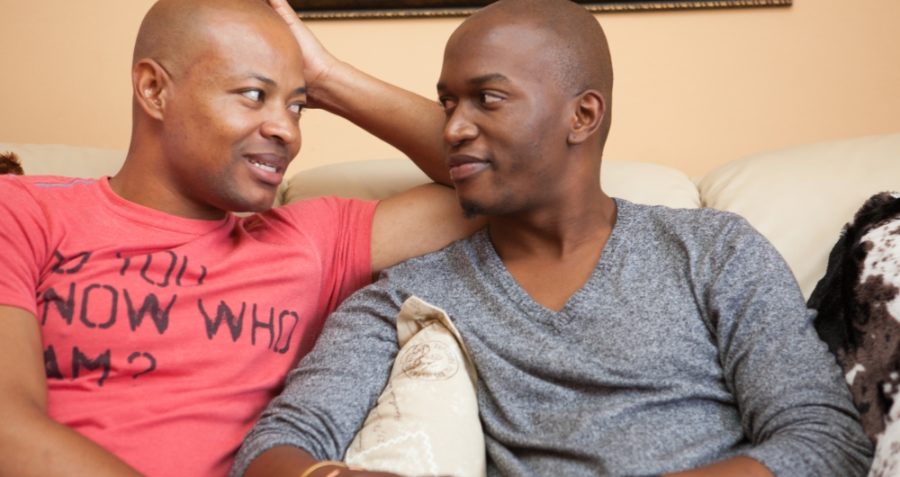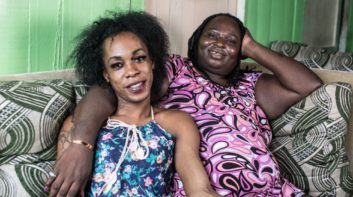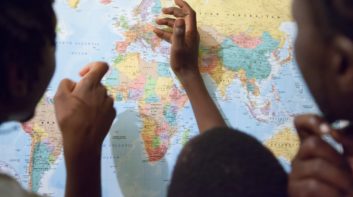Namibia
 © Gemma Taylor for Frontline AIDS
© Gemma Taylor for Frontline AIDS
We’re on the frontline of HIV support in Namibia, working to uphold the human rights of people living with, and affected by, the virus and helping them access health services.
Like many other countries affected by HIV, it is Namibia’s marginalised communities that are most at risk from the virus. In particular, men who have sex with men (MSM), sex workers and people who inject drugs – all of whom face high levels of discrimination and criminalisation.
We are working here to overcome the stigma, discrimination and criminalisation that all too often creates huge barriers to vital HIV services.
Did you know?
- There has been a 36% reduction in new HIV infections since 2010.
- 14.5% of adult women are living with HIV, versus 8.4% of adult men.
- Over 95% of people living with HIV know their status, 90% of people living with HIV are on treatment, and 91% of people on treatment are virally suppressed; so Namibia has reached the 90-90-90 targets for testing and treatment.
Meet onf of Our partners
We’re working with Positive Vibes to share vital HIV prevention information, and support those living with HIV get the treatment and care they need.
Positive Vibes supports other community-based self-help groups that work with people who live with HIV and tackle ongoing discrimination against key populations. They also help other non-governmental organisations and government offices create supportive working environments for staff living with HIV. Alongside this they provide technical support to 25 community-based organisations.
Their support for marginalised groups includes a project that helps MSM and transgender people access health services and reconnect with their community. And they are part of a programme to strengthen links between government and community health systems to reduce the rate of new HIV infections.
OUR IMPACT IN NAMIBIA
In 2019, Positive Vibes reached:
- Almost 12,000 people from marginalised and vulnerable groups with sexual and reproductive health (SRH) activities.
- Almost 10,000 young people with comprehensive sexuality education and/or life skills-based HIV education.
Will you help us end aids?
I would like to make a donation of:
Please enter the amount you would like to donate, ie: '10.00'




